Hungarian Minister of Foreign Affairs and Trade Péter Szijjártó received the new Ukrainian Foreign Minister Andrii Sybiha in Budapest on September 30.
During the first face-to-face meeting, both sides expressed interest in strengthening neighborly relations and discussed the implementation of joint projects, including the protection of the rights of ethnic minorities, as well as Ukraine's accession to the EU and NATO, among other topics.
Over the past 31 months since the military conflict broke out in Ukraine, Budapest has repeatedly opposed Ukraine's accession to NATO and the EU, blocked sanctions against Russia, undermined Western aid efforts to Ukraine and maintained friendly relations with Moscow.

Ukrainian Foreign Minister Andrii Shybiha (left) and Hungarian Foreign Minister Péter Szijjártó in Budapest, September 30, 2024. Photo: Hungarian Conservative
Speaking at a joint press conference after the talks on September 30, Mr. Szijjártó reiterated Hungary's pro-peace stance on the ongoing conflict in Ukraine, stressing that "a diplomatic solution is the only way to end the suffering of millions of people."
“Hungary supports all initiatives aimed at achieving peace as soon as possible,” he said, adding that Hungary continues to provide humanitarian aid, having welcomed more than 1.4 million refugees from Ukraine since the conflict began.
The Hungarian foreign minister also spoke of Budapest's involvement in Kiev's post-war reconstruction, stating that his country was ready to play a major role in the reconstruction efforts. "We are not just talking; we are already involved in restoring educational, health and administrative institutions," he said.
Mr. Szijjártó emphasized the important role of Hungary in supporting Ukraine's energy security. Hungary has supplied more than 3 billion cubic meters of gas to Ukraine and is currently the neighbor's largest source of electricity imports. "In the summer, 45% of Ukraine's electricity imports come from or through Hungary," Mr. Szijjártó said.
The Hungarian foreign minister asked his counterpart to ensure that, just as Hungary has guaranteed full energy supply capacity to Ukraine, Kiev should refrain from any unilateral, abrupt steps in the future that could jeopardize Hungary's energy security. "I also asked the minister to ensure that there is no negative discrimination against Hungarian companies operating in Ukraine," Szijjártó said.
In June, Kiev imposed sanctions that prevented Lukoil, one of Russia’s largest oil companies, from shipping crude through the Druzhba pipeline that runs through Ukraine, affecting supplies to Hungary. The move was aimed at cutting off one of the Kremlin’s revenue streams used to finance its war against Ukraine.
For his part, Mr. Sybiha, who was appointed as Ukraine's Foreign Minister to replace his predecessor Dmytro Kuleba in August, spoke about the importance of strengthening Ukraine's relations with its Western neighbors, especially Hungary.
He presented Ukraine's focus as ensuring peace and advancing Kiev's EU and NATO membership goals, noting that discussions with Mr. Szijjártó were held in a spirit of mutual respect and focused on important national interests.
Minh Duc (According to Kyiv Independent, Hungarian Conservative, Xinhua)
Source: https://www.nguoiduatin.vn/hungary-ukraine-tim-cach-cai-thien-quan-he-lang-gieng-204241001145739022.htm



![[Photo] Prime Minister Pham Minh Chinh chairs a special Government meeting on the arrangement of administrative units at all levels.](https://vphoto.vietnam.vn/thumb/1200x675/vietnam/resource/IMAGE/2025/5/9/6a22e6a997424870abfb39817bb9bb6c)
![[Photo] Magical moment of double five-colored clouds on Ba Den mountain on the day of the Buddha's relic procession](https://vphoto.vietnam.vn/thumb/1200x675/vietnam/resource/IMAGE/2025/5/9/7a710556965c413397f9e38ac9708d2f)

![[Photo] General Secretary To Lam and international leaders attend the parade celebrating the 80th anniversary of the victory over fascism in Russia](https://vphoto.vietnam.vn/thumb/1200x675/vietnam/resource/IMAGE/2025/5/9/4ec77ed7629a45c79d6e8aa952f20dd3)
![[Photo] Russian military power on display at parade celebrating 80 years of victory over fascism](https://vphoto.vietnam.vn/thumb/1200x675/vietnam/resource/IMAGE/2025/5/9/ce054c3a71b74b1da3be310973aebcfd)




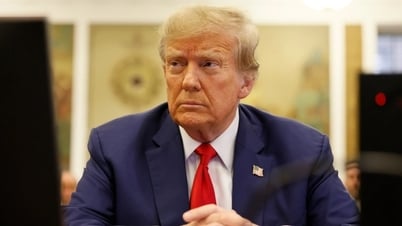
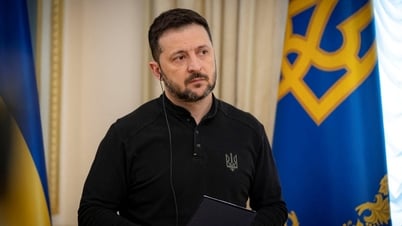
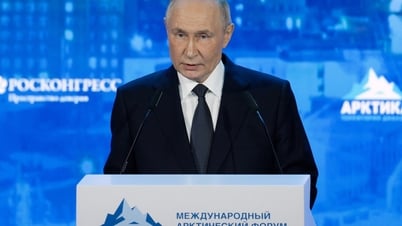

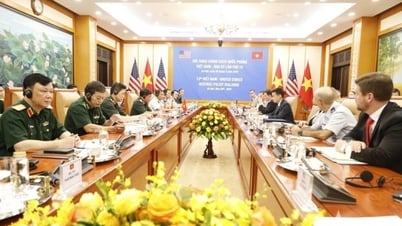



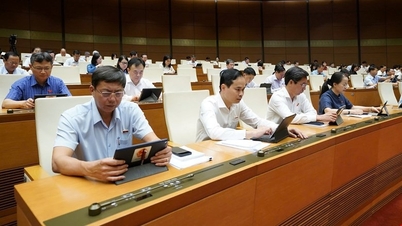
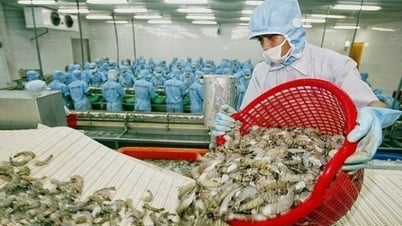










































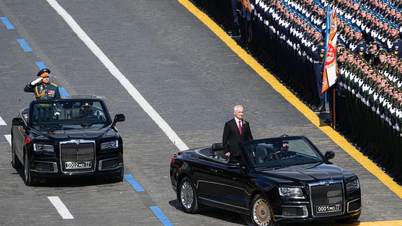

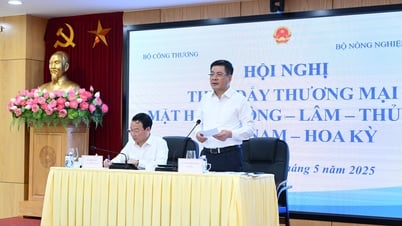



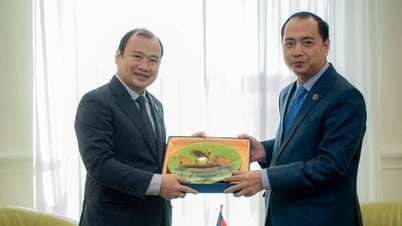
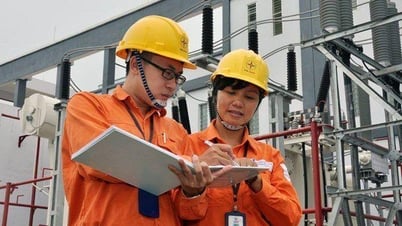
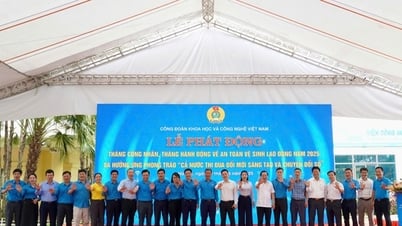

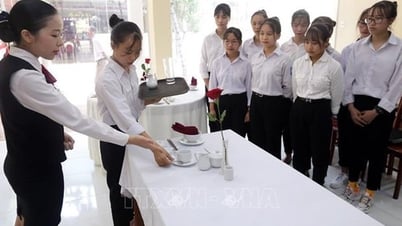








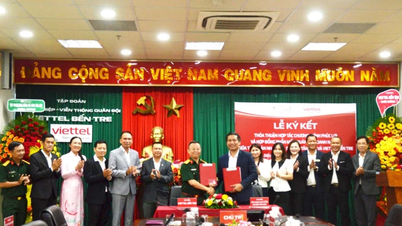

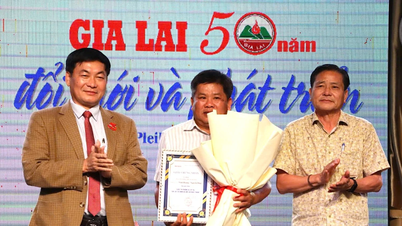












Comment (0)